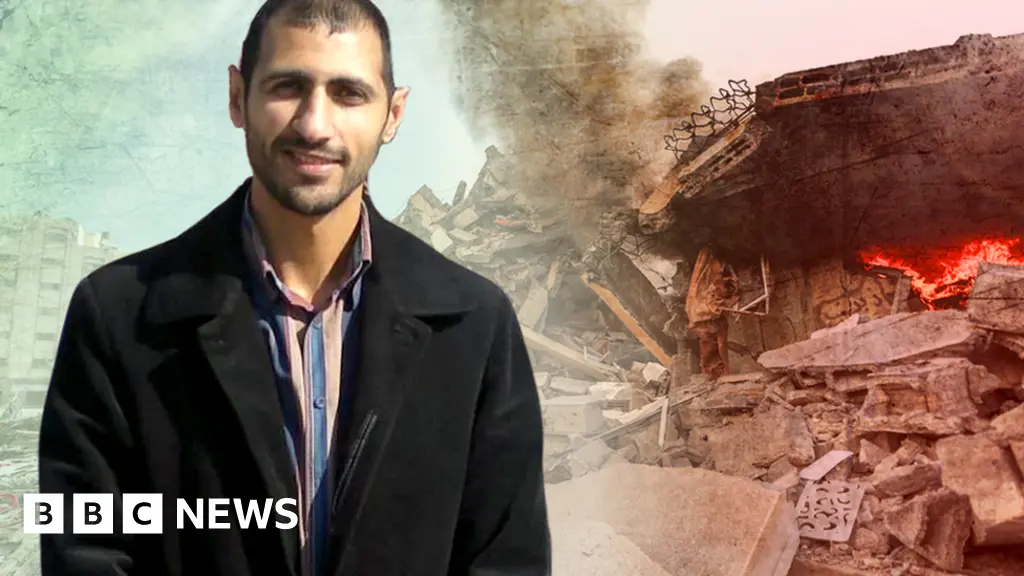That's because Netanyahu has a long history of supporting Hamas for his own political gains.
For years, Netanyahu propped up Hamas. Now it’s blown up in our faces, Times of Israel, 8 October 2023
Thus, amid this bid to impair Abbas, Hamas was upgraded from a mere terror group to an organization with which Israel held indirect negotiations via Egypt, and one that was allowed to receive infusions of cash from abroad.
The symbiotic relationship between Netanyahu and Hamas, The Hill, October 22, 2023
Netanyahu’s policy, however, was in direct opposition to most of the Israeli defense and security establishment, which viewed cooperation with the PA to be in Israel’s security interest. Fans of the Netflix series “Fauda” will recognize that cooperation. Most security experts felt the PA needed to be strengthened, not weakened.
Since returning to power in 2009, Netanyahu made no secret of his desire to keep Hamas and the PA apart for his own political purposes. For example, in 2017, the PA and Hamas were negotiating a possible takeover by the PA of civilian control of the Gaza Strip. Even though the United States and Egypt supported this reconciliation, Netanyahu was adamantly opposed — lest it empower the PA.
Why Netanyahu helped fund Hamas and how that backfired for Israel, India Today, November 1, 2023
“Whoever is against a Palestinian state should be for transferring the funds to Gaza, because maintaining a separation between the Palestinian Authority in the West Bank and Hamas in Gaza helps prevent the establishment of a Palestinian state,” The Jerusalem Post quoted Prime Minister Netanyahu as saying in 2019.
Video: Ex-Saudi intel chief accuses Israel of 'funnelling' Qatari money to Hamas, India Today, October 31, 2023
Prince Turki al-Faisal's accusation against Israel comes days after a report by Reuters, citing a source privy to the matter, stated that Qatar's financial aid to the Palestinian families in Gaza passes through Israel. The funds are transferred electronically from Qatar to Israel, following which Israeli and United Nations (UN) officials hand-carry the same over the border to the Gaza Strip.
How Netanyahu's Hamas policy came back to haunt him — and Israel, CBC News, October 28, 2023
Yuval Diskin, former head of Israel's Shin Bet security service, told the daily newspaper Yedioth Ahronoth in 2013 that "if we look at it over the years, one of the main people contributing to Hamas's strengthening has been Bibi Netanyahu, since his first term as prime minister."
In August 2019, former prime minister Ehud Barak told Israeli Army Radio that Netanyahu's "strategy is to keep Hamas alive and kicking … even at the price of abandoning the citizens [of the south] … in order to weaken the Palestinian Authority in Ramallah."
Netanyahu's current finance minister, West Bank settler Belazel Smotrich, explained the approach to Israel's Knesset channel in 2015: "Hamas is an asset, and (Palestinian Authority leader) Abu Mazen (Mahmoud Abbas) is a burden."
"But each time Netanyahu was asked, 'Why don't you negotiate with Abbas,' he would say, 'I can't negotiate with a Palestinian Authority that doesn't represent all Palestinians.' And so he would use Hamas and this division to justify his absolute objection to any negotiated peace agreement."
Liberman: Netanyahu sent Mossad head, general to Qatar, ‘begged’ it to pay Hamas, Times of Israel, February 20, 2022
“Both Egypt and Qatar are angry with Hamas and planned to cut ties with them. Suddenly Netanyahu appears as the defender of Hamas, as though it was an environmental organization. This is a policy of submission to terror,” he said, adding that Israel was paying Hamas “protection money” to maintain the calm.
Netanyahu: Money to Hamas part of strategy to keep Palestinians divided, Jerusalem Post, March 12, 2019
The prime minister also said that, “whoever is against a Palestinian state should be for” transferring the funds to Gaza, because maintaining a separation between the PA in the West Bank and Hamas in Gaza helps prevent the establishment of a Palestinian state.

